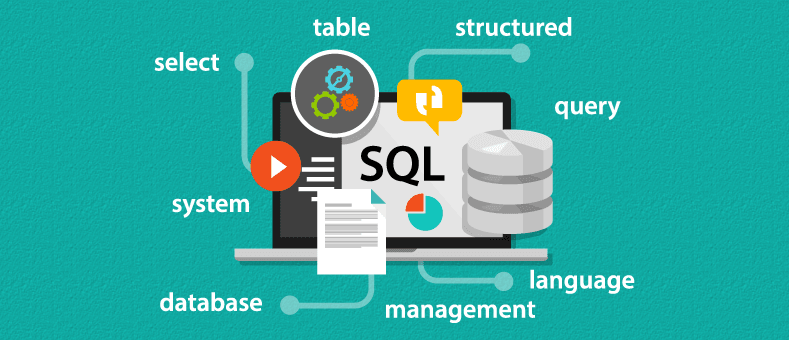En Comparación: SQL VS NoSQL
- Category: Base de datos
- Author: Admin
- Publisher:
Psychz Networks
- March 24,2017

SQL vs NoSQL
This document aims at providing a logical comparison between two types of databases specific to languages SQL and NoSQL. Both these languages are broadly used to perform operations on a database structure but have contrasting ways of doing it. We will start with the brief introduction of both so that you can get a basic understanding of their functioning.
Databases have been growing speedily both in complexity and size. With traditional SQL approach, it has never been enough help to cater the ever-changing requirements in storing data and retrieval. The flexible and schemaless data model of NoSQL data store provides the opportunity for storage of any type of data which can be inserted by several different users without imposing a certain data structure.
Things you need to know about SQL (Structured Query Language)
SQL is a programming language used mostly to design relational databases. A database is essentially a structure that is used to hold data. From tables to diagrams to documents, everything can be classified as a database. SQL is used to manage data held in relational database management system (RDMS). SQL performs a variety of functions from inserting, query, update and deletion of data to schema creation and modification. To be clear SQL is a programming language used to perform operations on a database and not the database itself. But for the sake of convenience, the database that uses SQL are called the SQL databases.
The databases that use SQL are relational in nature. A relational database is a database in which the data is stored in a structured and organized way. It contains multiple tables with rows and columns. The columns contain the fields pertaining to which the data has to be stored. The different pieces of data are stored in the rows with respect to the fields. These pieces of data are called entries. Some popular SQL databases available in the market are MySQL, Oracle, MariaDB, MySql server, Microsoft Azure.
Things you need to know about NoSQL
NoSQL simply mean “not pertaining to the relational model of the SQL database”.
It has a completely contrasting structure as compared to SQL database. This type of database came to light because of the increasing demand of a flexible database in which the data can be modified with ease. NoSQL database is more documentation oriented. It implies that all the data containing to a particular event can be stored in a single document. Imagine storing all the photographs, videos and documents from a foreign trip in one briefcase rather than placing each thing in its own cabinet as is the case in SQL. Some NoSQL databases available in the market are MongoDB, Apache's CouchDB, Apache's Cassandra DB among others.
SQL or NoSQL
Before drawing a comparison between SQL and NoSQL, you have to evaluate your preferences. It means that you should be clear on the type of database you need. Here are some comparisons to help choose you better.
• Type of organization – the choice between SQL and NoSQL depends on the type of organization you work in and the database that they require. If you are working in an organization which is not experiencing an exponential increase in data and needs a more organized form of database you can choose SQL over NoSQL. But in an organization with real-time applications requiring huge amount of data traffic and Big Data, NoSQL is the clear choice.
• Redundancy – Due to a structured form of data, data redundancy in SQL databases is minimal. The relational nature of SQL database allows it to avoid redundancy at the very primary level. As a contrast, data redundancy is a huge drawback in NoSQL databases.
• Flexibility – The ability to store different types of data together is an attribute possessed by the NoSQL database. As NoSQL database is document based it can combine any types of data in its document.
• Speed – With easy accessibility and flexible structure, NoSQL succeeds over the SQL database in the speed department. It simply means that the NoSQL takes less time to access a piece of data than SQL.
• Cloud Storage – Storing data across the cloud requires the data to be stored across multiple servers. For it to take place, the database that you choose should be highly scalable. NoSQL databases are designs to be scalable across multiple servers.
I hope we cleared enough points on both entities for you make an easy choice between the two. Both have their own functions and attributes. It is really up to you to choose the appropriate database according to your requirement.